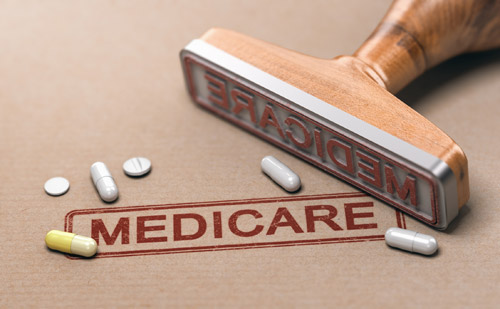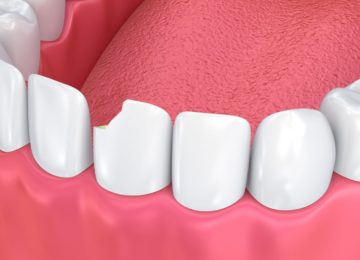According to the Centers for Disease Control and Prevention (CDC), about 20% of people 55 years old and over suffer from a mental health disorder. The most commonly diagnosed mental health disorders among seniors include depression, dementia, and anxiety, with depression being the most prevalent.
Depression is the most common mental health disorder among seniors because many seniors deal with losing a spouse, chronic health conditions, and other stressful situations. Because of these common distress triggers, depression often goes undiagnosed in the senior population. Fortunately, if you are diagnosed with depression or another mental health disorder, you can rest assured that Medicare covers many mental health medications.
Medicare Part D prescription drug coverage
The Centers for Medicare and Medicaid Services (CMS) introduced Medicare Part D plans in 2006. Before then, Medicare beneficiaries had no form of prescription drug coverage. Now, about 46 million Medicare beneficiaries have a form of Part D drug coverage. You can get Part D drug coverage through either a standalone Part D plan or a Medicare Advantage plan, both of which are provided by private insurance carriers.
All Part D plans have the same structure set by CMS. For example, all Part D plans have four payment stages including the donut hole, and a formulary that meets specific requirements – more on this below.
The earliest you can enroll in Part D drug coverage is during your Initial Election Period, which starts three months before your Part A effective month and ends three months after. If you fail to enroll in Part D coverage during this time without having other creditable drug coverage, you incur a lifelong late penalty, causing your future monthly Part D premium to increase. Without some form of Part D drug coverage, you’d be responsible for 100% of the costs of any medications not covered under Part B.
Medicare Part D formulary requirements
Each Medicare Part D plan must meet specific CMS requirements to be approved for Medicare beneficiaries. Many of these requirements involve the drug plan’s formulary. A formulary is a list of drugs that the plan covers, including tier classifications and restrictions.
According to CMS, every Part D formulary must include a certain number of specific types of medications. For example, Part D plans must cover all medications within six drug categories, including antidepressants, antipsychotics, and anticonvulsants, with a few exceptions. In addition to these mental health medications, Part D plans must cover at least two medicines within all other drug categories. These requirements give you and your doctor options when choosing the prescription medications.
Each year you should compare Part D plans and enroll in the most cost-effective plan for your current prescriptions. At the beginning of the year, you may have to meet a deductible before your plan covers a portion of your drug spending. However, once you’ve met the deductible, you will only be responsible for a copay or coinsurance.
Mental health medications covered under Original Medicare
Original Medicare, Part A and Part B, may also cover your mental health medications in certain situations. For example, if you’re admitted to a facility as an inpatient, Medicare Part A will be in charge of your prescription medication needs. If you receive any medications as an outpatient by a medical provider, Medicare Part B may cover those.
Medications covered under Part A fall under your Part A deductible, meaning after you’ve met your deductible, your Part A-covered prescriptions are covered at 100%. For example, if you’re admitted as an inpatient, even if just for a day, you will owe your Part A deductible. Any medications you receive during your covered stay are covered at 100% by Part A.
Medicare Part B medications are also covered after you meet the Part B deductible but only at 80%. If you have a Medigap plan to cover your Part B coinsurance, you won’t be responsible for the remaining 20%.
Medicare Part B depression screening
Original Medicare also covers various other mental health services, such as partial hospitalization, counseling, and depression screenings. Medicare Part B covers an annual depression screening at 100% if your doctor accepts Medicare assignment. A depression screening is also offered as part of your Welcome to Medicare preventive visit.
Conclusion
Maintaining your mental health is just as important as maintaining your physical health. Fortunately, Medicare covers necessary prescription medications and many other mental health services. It’s vital you enroll in a Part D plan that covers all or most of your prescriptions. Compare your plan each year during the Annual Election Period to ensure you’re always enrolled in the most cost-effective plan.











